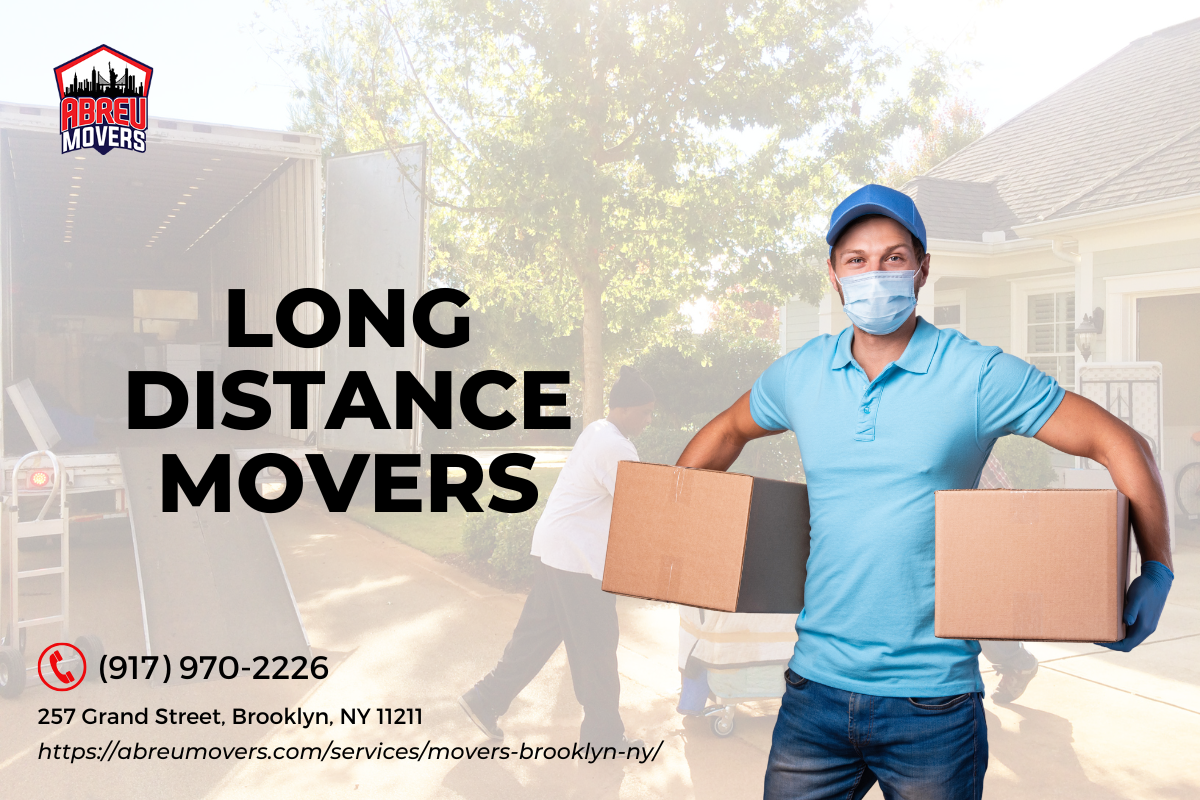
Introduction: The Importance of Proper Documentation in Moving
Moving from one place to another can be both an exhilarating and overwhelming experience. Whether you’re relocating across town or embarking on a long-distance journey, hiring a moving company can simplify the process. However, understanding the paperwork involved in hiring a moving company is essential for ensuring a smooth transition. This article delves into all aspects of the paperwork needed when considering long distance movers, such as long distance movers Brooklyn or any long distance moving company.
Understanding the Paperwork Involved in Hiring a Moving Company
When it comes to hiring a moving service, particularly for long distances, there’s a myriad of paperwork that needs to be navigated. From estimates to contracts and insurance forms, each document serves its own purpose in protecting your interests as well as those of the moving company.
Types of Paperwork Required
1. Written Estimates
Before you even think about signing anything, it’s critical to obtain written estimates from several long distance moving companies. These documents provide an overview of potential costs based on your specific needs.
- Binding Estimate: A binding estimate guarantees that you will pay no more than the quoted price. Non-Binding Estimate: This is merely an approximation and can fluctuate based on actual services rendered.
2. Bill of Lading
The bill of lading is perhaps the most crucial document you’ll encounter when dealing with long distance movers. It essentially acts as your contract with the moving company.
- What It Includes: Your bill of lading outlines the terms and conditions of your move, including pickup and delivery dates, inventory lists, and agreed-upon costs.
3. Inventory List
An inventory list details every item being moved, which can be beneficial for tracking purposes and claims should anything go missing or be damaged during transit.
Understanding Your Rights and Responsibilities
When hiring long distance movers, it’s imperative to understand your rights as a customer. The Federal Motor Carrier Safety Administration (FMCSA) provides guidelines that ensure consumers are informed throughout the moving process.
4. Consumer Rights Guide
The FMCSA mandates that every mover must provide this guide to customers before their move. It outlines essential rights regarding claims for loss or damage.
Insurance Documents: Protecting Your Belongings
5. Valuation Options
When you hire a long distance moving company, you’ll need to make decisions about insurance coverage for your belongings:
- Released Value Protection: This is usually included at no extra cost but offers minimal coverage. Full Value Protection: For an additional fee, this option covers the full value of items lost or damaged during transport.
Finalizing Contracts with Long Distance Movers
After reviewing estimates and understanding what coverage you need, it’s time to finalize contracts with Brooklyn long distance movers or any other service provider.
6. Contract Review Checklist
Before signing any contract:
- Ensure all terms discussed are documented. Check cancellation policies. Confirm payment methods accepted.
How to Choose the Right Long Distance Moving Company
Choosing among various long distance moving services can feel like navigating a maze. With so many options available—from local companies like long distance movers Brooklyn to national chains—how do you select the right one?
Researching Reviews and Ratings
Look for customer reviews on platforms like Yelp or Google Reviews. Positive feedback can often indicate reliability while negative comments may reveal issues that could affect your move.
Verifying Credentials and Insurance
Ensure that any company you're considering is licensed and insured:
- Check their registration with FMCSA. Request their USDOT number for verification.
Common Questions About Hiring Long Distance Movers
1. What should I expect during my first interaction with a mover?
You’ll typically receive information about their services along with an estimate after discussing your specific needs.
2. How early should I book my movers?
Booking at least 4-6 weeks in advance is advisable, especially during peak seasons when demand is high.
3. Can I pack my own belongings?
Yes! But remember that if you pack yourself, the long distance moving services movers may not be liable for any damages incurred due to improper packing practices.
4. Are there items I cannot ship?
Yes! Hazardous materials like flammable liquids are prohibited by most moving companies.
5. What happens if my belongings get damaged during transit?
You can file a claim depending on the type of insurance coverage you've selected; always keep copies of relevant documentation handy.
6. How do I prepare for my move?
Create an inventory list ahead of time, declutter unwanted items, and ensure all necessary paperwork is completed well before moving day.
Conclusion
Navigating through “Understanding the Paperwork Involved in Hiring a Moving Company” doesn’t have to be daunting if you're well-prepared and informed. By securing written estimates, understanding key documents like bills of lading and inventory lists, knowing your rights as a consumer, and selecting reputable long distance movers—your relocation can be seamless and stress-free!
Whether you're seeking out abreu movers brooklyn long distance moving services from Brooklyn or beyond, taking these steps will help ensure that you're not only prepared but also protected throughout your entire move! Always remember that preparation is key when dealing with any transition—especially one involving significant life changes like relocating!
This comprehensive guide aims to equip you with everything necessary for making informed decisions regarding hiring long distance movers while ensuring all paperwork is handled efficiently!